The Art of Turning No into Yes: Lessons Learned from 20 Years of Rejection
Embrace rejection as a vital step on the path to success. In business and just as well as dating, rejection is ubiquitous. Yet, each "no" brings you closer to the eventual "yes" that propels you forward.
Sign up to read this post
Join Now
